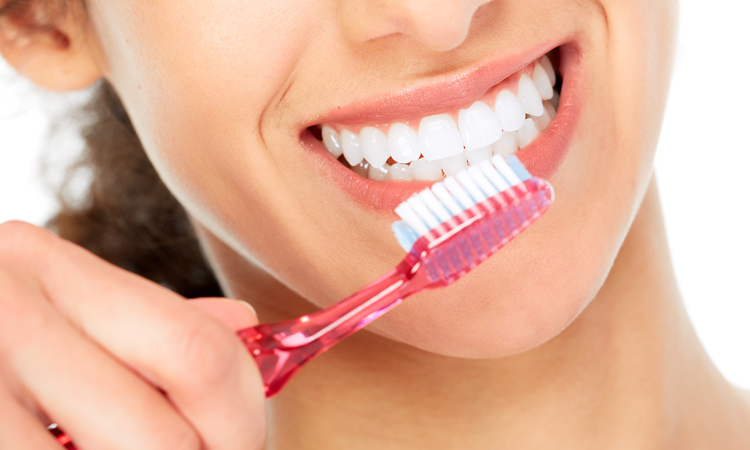When it comes to maintaining a healthy smile, what you eat matters more than you might realize. Your diet plays a crucial role not only in the health of your teeth and gums but also in your overall well-being. Let’s explore how the foods you eat can impact your smile and enhance your quality of life.
The Basics of Oral Health
Before diving into the role of diet, let’s start with the basics of oral health. Your mouth is home to billions of bacteria, some of which are beneficial, while others can be harmful if allowed to accumulate. When you consume sugary or starchy foods, these bacteria feed on the sugars and produce acids that attack the enamel, leading to tooth decay and cavities. Additionally, poor oral hygiene and unhealthy lifestyle habits can contribute to gum disease, tooth loss, and a host of systemic health problems.
The Impact of Diet on Oral Health
Your diet plays a significant role in shaping the health of your teeth and gums. Certain foods and beverages can either promote or undermine your oral health:
- Sugary and Acidic Foods: Foods high in sugars and acids, such as candy, soda, and citrus fruits, can erode tooth enamel and increase the risk of cavities and tooth decay. Limiting your consumption of these foods and practicing good oral hygiene can help mitigate their damaging effects.
- Calcium-Rich Foods: Calcium is essential for building strong bones and teeth. Incorporating calcium-rich foods such as dairy products, leafy greens, and almonds into your diet can help fortify your teeth and prevent decay.
- Crunchy Fruits and Vegetables: Crisp, fibrous fruits and vegetables like apples, carrots, and celery act as natural toothbrushes, stimulating saliva production and scrubbing away plaque and food particles. They also contain vitamins and minerals that promote gum health and overall well-being.
- Water: Staying hydrated is essential for maintaining optimal oral health. Water helps rinse away food debris, neutralize acids, and keep your mouth moist, reducing the risk of dry mouth and bad breath.
The Connection Between Oral Health and Overall Health
Your oral health is closely interconnected with your overall health. Poor oral hygiene and untreated dental problems can contribute to a variety of systemic health conditions, including:
- Heart Disease: Gum disease has been linked to an increased risk of heart disease, stroke, and other cardiovascular problems.
- Diabetes: Diabetes can impair the body’s ability to regulate blood sugar levels, increasing the risk of gum disease and tooth loss.
- Respiratory Infections: Oral bacteria can travel to the lungs and respiratory tract, contributing to infections such as pneumonia.
- Pregnancy Complications: Gum disease has been associated with preterm birth, low birth weight, and other pregnancy complications.
Creating a Healthy Eating Plan for Your Smile
To optimize your oral health and overall well-being, consider the following dietary recommendations:
- Eat a Balanced Diet: Focus on whole, nutrient-rich foods such as fruits, vegetables, lean proteins, and whole grains.
- Limit Sugary and Acidic Foods: Minimize your intake of sugary snacks, candies, sodas, and acidic beverages.
- Stay Hydrated: Drink plenty of water throughout the day to keep your mouth hydrated and rinse away food particles and bacteria.
- Practice Good Oral Hygiene: Brush your teeth twice a day, floss daily, and visit your dentist regularly for professional cleanings and check-ups.
Conclusion: Invest in Your Smile and Your Health
Your diet plays a vital role in shaping the health of your smile and your body. By making mindful food choices and practicing good oral hygiene, you can protect your teeth and gums, prevent dental problems, and safeguard your overall health and well-being. Your dentist at Woodmeadow Dentistry will support you on your journey to a healthier, happier smile through education and should be happy to answer any questions you have!

